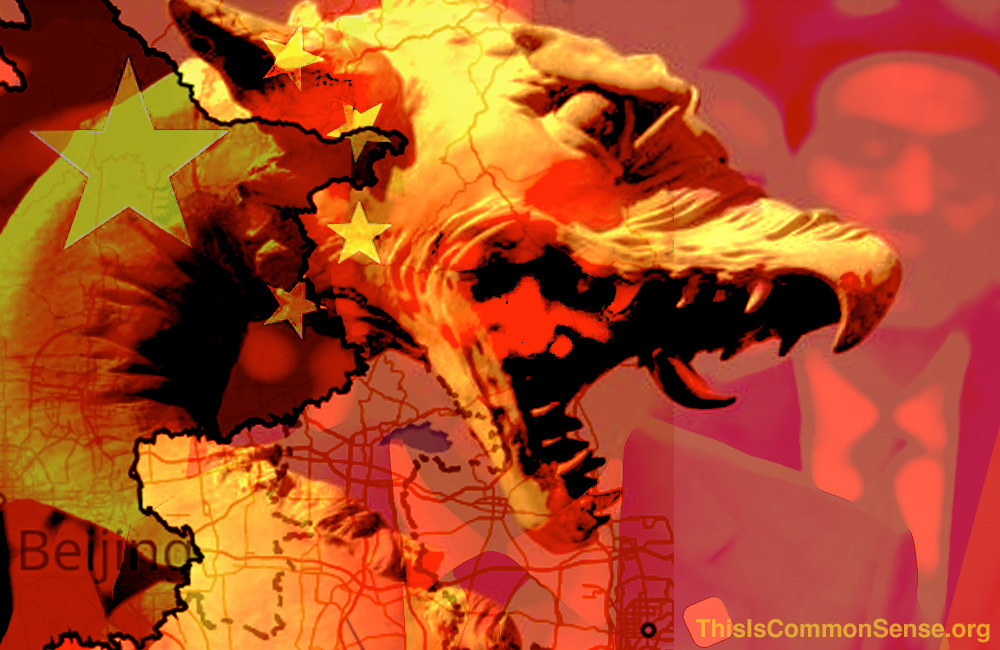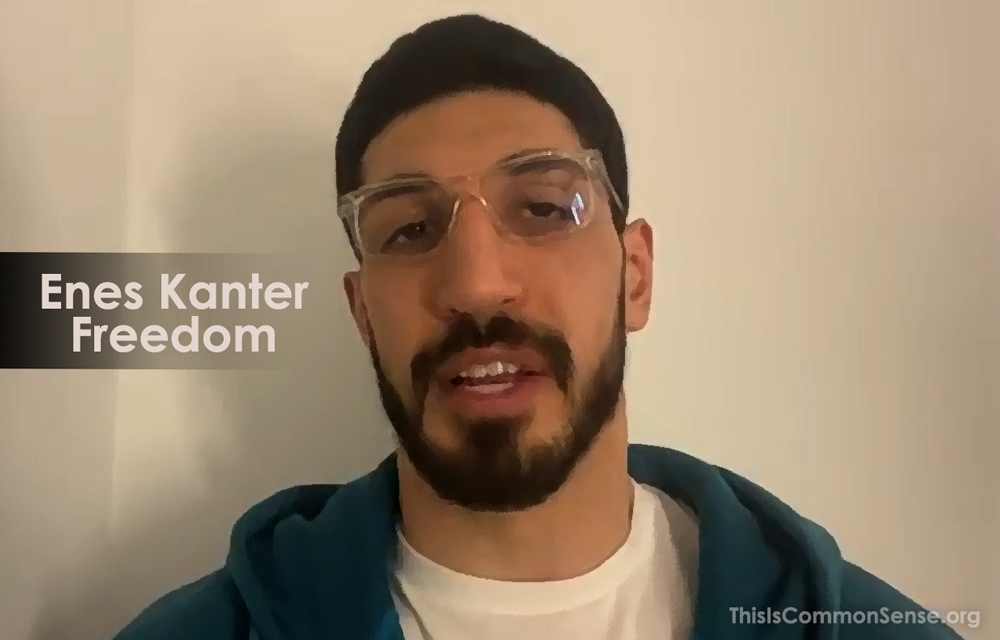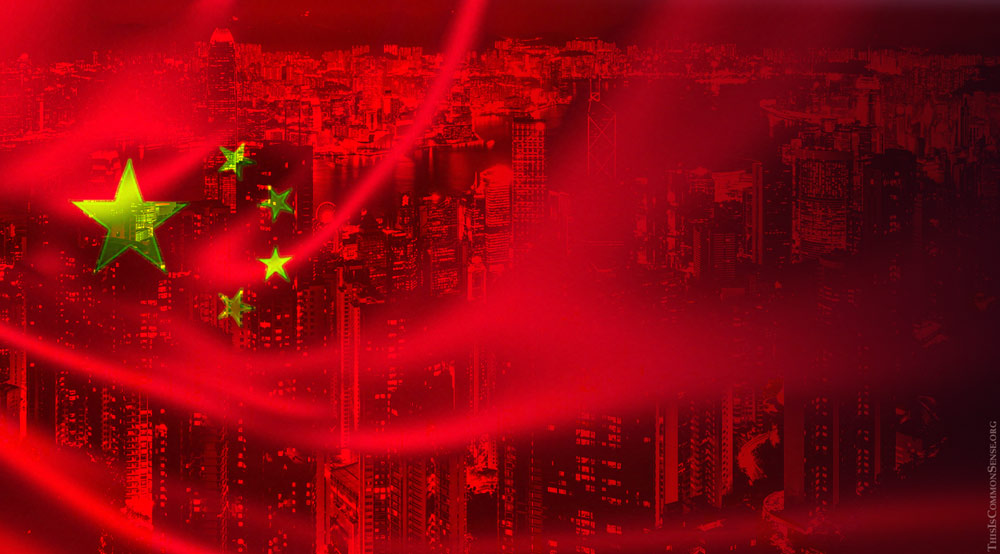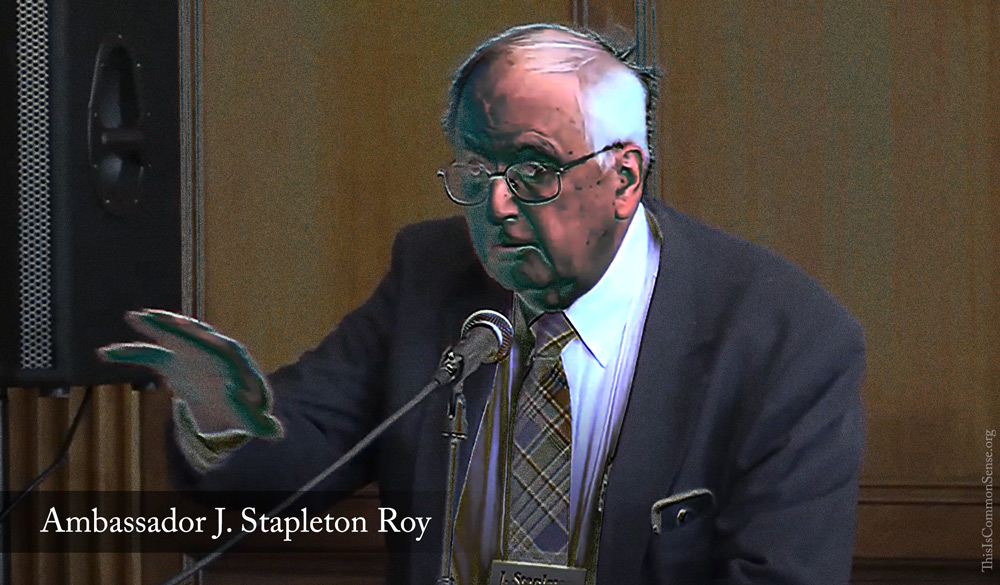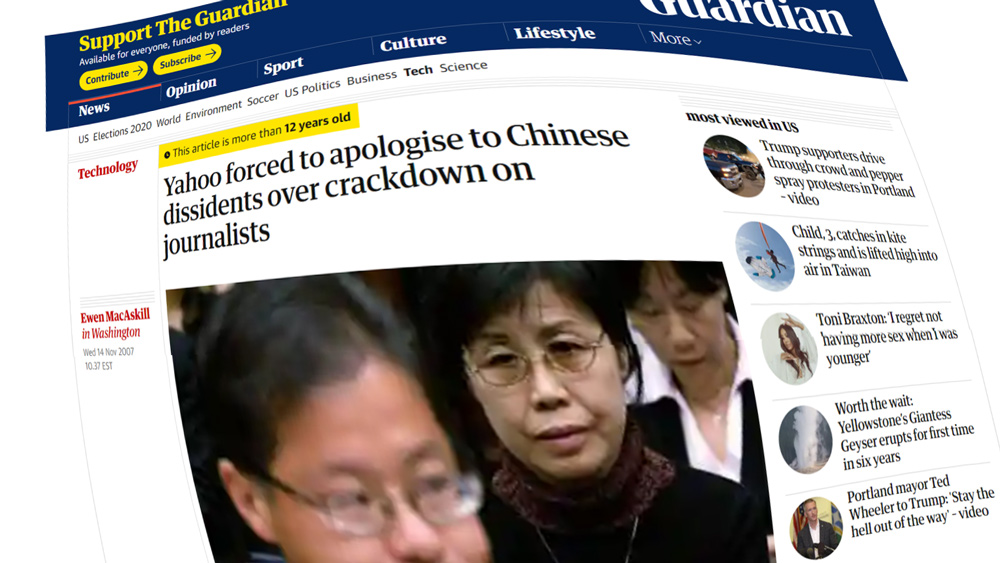“‘One country two systems’ has been tested and proved time and again,” Chinese ruler Xi Jinping told his hand-picked Hong Kong audience last week, “and there is no reason to change such a good system.”
Twenty-five years into that “good system” — created when the United Kingdom signed it over to the Chinese Communist Party with the proviso it would recognize basic civil liberties in Hong Kong until 2047 — Xi was taking a victory lap.
He had successfully squelched freedom of speech and of the press.
“China’s government is,” Ian Easton writes in The Final Struggle: Inside China’s Global Strategy, “far more powerful and sophisticated than any that came before. Nazi Germany, Imperial Japan, the Soviet Union, and Putin’s Russia all pale in comparison.”
Easton, who studies defense and security issues involving the U.S., China, Japan, and Taiwan at the Project 2049 Institute, also pointedly suggests that it is “of national importance that Hollywood begins to make movies about China that are not censored.”
Censored by Beijing, he means.
China’s long list of tyrannies has gotten so bad that even NATO — yes, the North Atlantic Treaty Organization — has recognized the threat posed by the totalitarian country engaged in the largest military build-up in human history.
“NATO has listed China as one of its strategic priorities for the first time,” Al Jazeera reported weeks ago, “saying Beijing’s ambitions and its ‘coercive policies’ challenge the Western bloc’s ‘interests, security and values.’”
To which the Chinese objected, arguing the NATO statement “vilifies China’s foreign policy” and “China’s natural military development” and was “filled with . . . ideological prejudices.”
They have a point. It’s about time the West shows a bit of “bias” against totalitarianism and genocide.
This is Common Sense. I’m Paul Jacob.
—
See all recent commentary
(simplified and organized)
